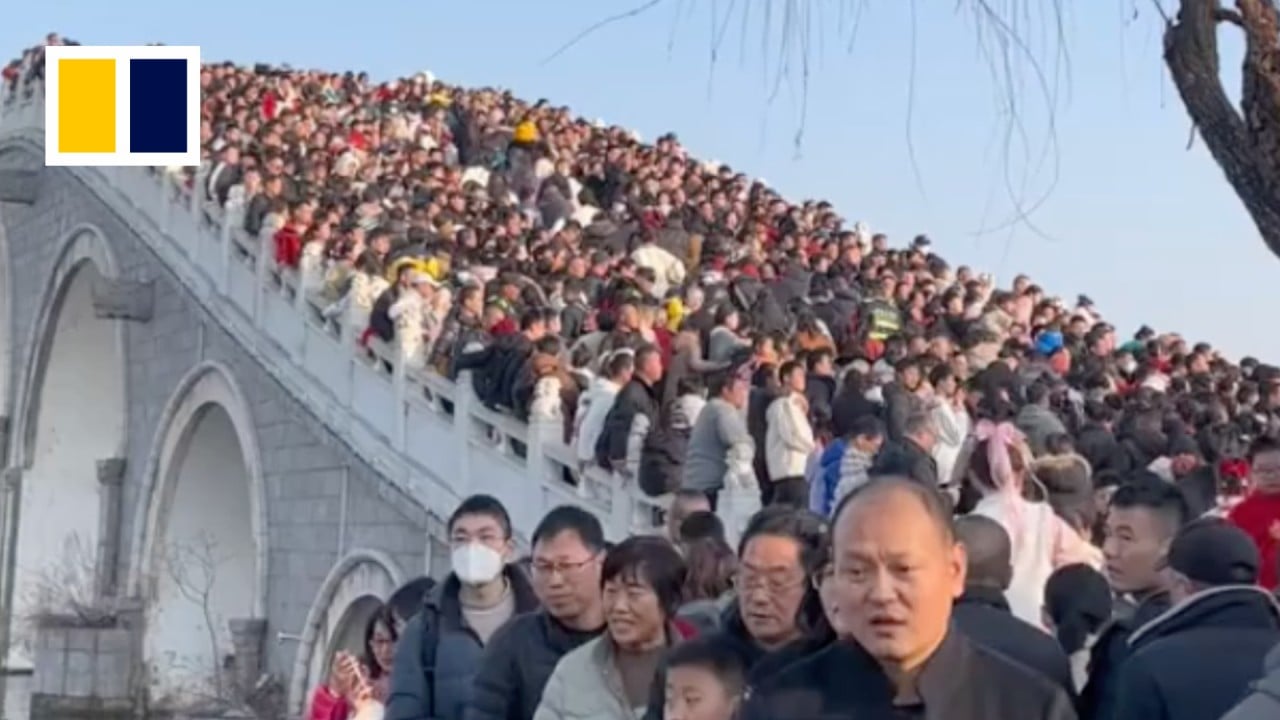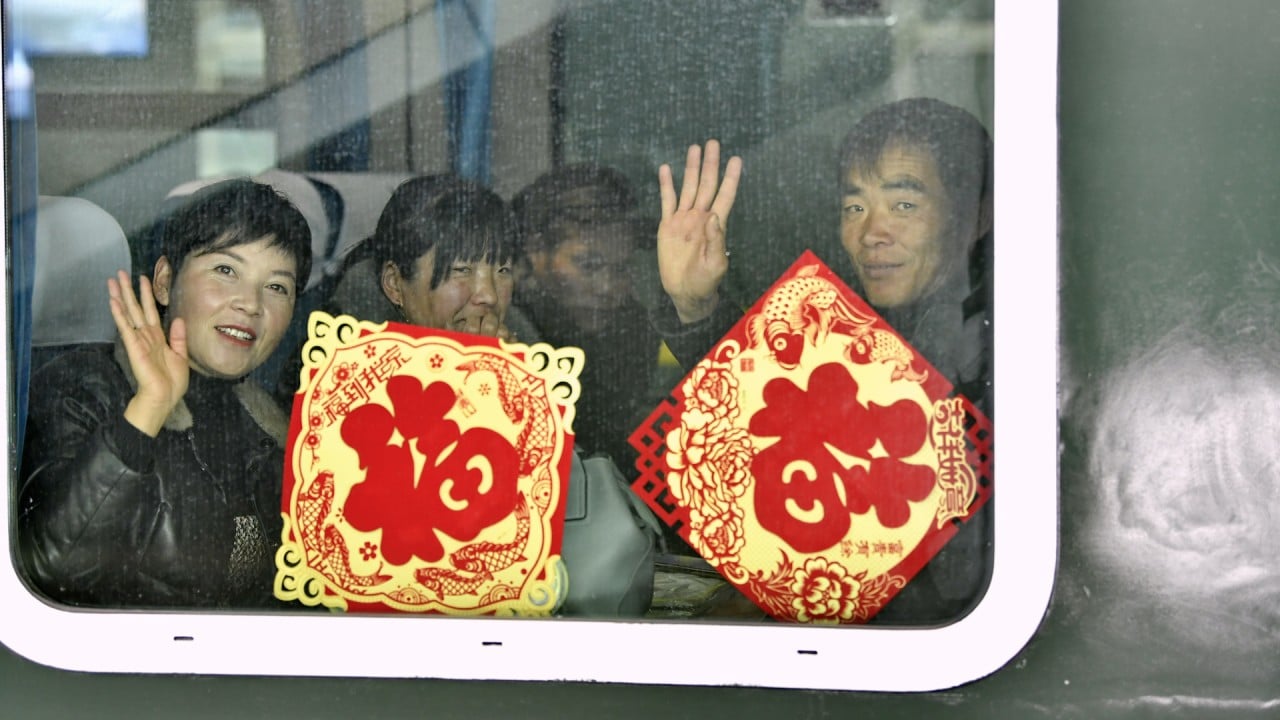
Trip.com’s revenue and profit surged in 2023 as Chinese tourists gave in to post-Covid wanderlust
- Revenue at China’s largest online travel platform doubled to 10.3 billion yuan (US$1.8 billion) last quarter as demand approached pre-Covid levels in 2019
- Trip.com’s Hong Kong-listed shares surged 7.2 per cent to an all-time high of HK$355.20 after its market-beating results
Trip.com Group, China’s dominant online travel agency, reported significantly improved financial results in the fourth quarter on the back of surging travel demand that approached pre-pandemic levels, propelling its shares to an all-time high.
Revenue for the three months to December jumped 105 per cent to 10.3 billion yuan (US$1.8 billion) from a year earlier, the company said in a stock exchange filing on Thursday, exceeding consensus among analysts tracked by Bloomberg. For full-year 2023, revenue surged 122 per cent to 44.5 billion yuan.
Full-year earnings jumped to a record 9.92 billion yuan from 1.4 billion yuan in 2022, the Shanghai-based firm added, surpassing the previous annual gain in 2019, according to Bloomberg data. Earnings in the final quarter of 2023 declined by about one-third due to one-off gains recorded in the previous comparative quarter.
China’s reopening in the first quarter of 2023 drove travel, James Liang, the group’s executive chairman, said in a statement. “Our global business also experienced substantial growth fuelled by our expanded market presence.”
Trip.com’s stock surged 7.2 per cent to a record HK$355.20 after its fourth-quarter revenue exceeded analysts’ expectations. Its US-listed shares were indicated at 6.8 per cent higher at US$44.76 before trading in New York
Trip.com reported significant revenues from its three main segments – hotel bookings, ticketing and packaged tours.
Revenue from hotel bookings, which account for 38 per cent of overall sales, jumped 131 per cent in the fourth quarter to 3.9 billion yuan. Ticket sales, which make up 40 per cent, rose 86 per cent in the quarter to 4.1 billion yuan. Revenue from packaged tours surged 329 per cent to 708 million yuan.
“We view the fourth-quarter results [as] solid, with revenue in line and margin likely ahead of investor expectations,” Citigroup analysts said in a note. “Marketing-to-revenue ratio reached 22 per cent, much lower than our previous estimate of 28 per cent, showing Trip.com’s efficiency and improvement on marketing spending.”
The US bank is also bullish on the first-quarter earnings outlook, noting the Chinese travel industry’s “decent” performance during the Lunar New Year holiday despite the overall weakness in the economy.
Chinese domestic tourists collectively spent 632.7 billion yuan during the holiday, some 50 per cent more compared with the same period last year, according to the Ministry of Culture and Tourism. Some 474 million trips were made, a 34.3 per cent year-on-year increase and a 19 per cent rise compared with 2019, according to ministry data. In addition, about 6.83 million international trips were made.
Trip.com said its earnings were boosted in part by China’s move to relax its visa policy to encourage more visitors from overseas and mutual visa exemption schemes for its citizens.
Starting on December 1, Beijing scrapped entry visa requirements for five European countries, including France and Germany, for a year. In January, Singapore, Malaysia and Thailand said they would allow Chinese nationals to stay for a maximum of 30 days per entry, with Beijing reciprocating the move.
The new policy led to a more than 30 per cent jump for bookings to the three Southeast Asian countries during the Lunar New Year holiday, according to Trip.com.
Trips to Hong Kong and Macau also rose during the period, the travel site said, adding that domestic hotel reservations booked on its platform surged by more than 130 per cent year on year.



